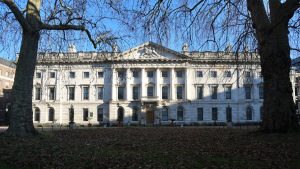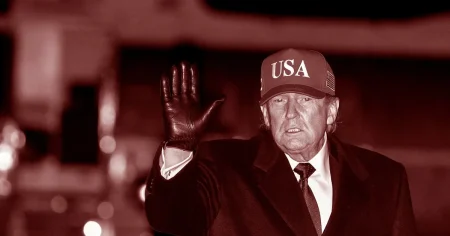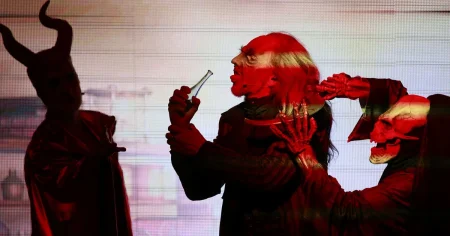The Belarusian political landscape, as depicted by Sasja Filipenko’s poignant image of an abandoned bicycle outside a café, remains a stark reminder of the brutal crackdown following the 2020 presidential election. This seemingly mundane object embodies the hopes and aspirations of a nation yearning for freedom, silenced by the iron fist of Alexander Lukashenko’s authoritarian regime. The bicycle’s owner, vanished into the abyss of political imprisonment for participating in peaceful protests, represents the thousands of Belarusians who dared to challenge the status quo and suffered dearly for their courage. The widespread belief that the opposition candidate, Sviatlana Tsikhanouskaya, was the true victor, underscored by the official, yet dubious, 10% of votes she received, ignited a spark of hope that was swiftly extinguished by Lukashenko’s ruthless consolidation of power. The ensuing wave of arrests, torture, and murders effectively crushed the nascent democratic movement, leaving a chilling silence in its wake.
Lukashenko’s survival, however, hinges not on popular support but on the unwavering backing of Vladimir Putin. The looming threat of Russian intervention effectively silenced any dissent and solidified Lukashenko’s grip on power. The upcoming ”election” is a mere façade, devoid of genuine opposition, mirroring the sham parliamentary ”election” of the previous year. Lukashenko’s political playbook remains unchanged: indoctrination, vilification of the West, and the entrenchment of dependence on Russia. This strategy, coupled with the brutal suppression of dissent, ensures his continued reign, regardless of the will of the people. The abandoned bicycle, therefore, symbolizes not only the stifled hopes of a nation but also the precariousness of freedom in the face of authoritarianism.
The symbiotic relationship between dictators, highlighted by the image of dominos standing precariously close, underscores the interconnectedness of their fates. Lukashenko’s survival is inextricably linked to Putin, and vice versa. The recent events in Syria, where Bashar al-Assad, another of Putin’s allies, was effectively ousted from power and forced to seek refuge in Moscow, provide a glimmer of hope and a stark illustration of the fragility of dictatorial regimes. While the future of Syria remains uncertain, the swift and unexpected downfall of al-Assad demonstrates that even the most entrenched authoritarian regimes can collapse rapidly. This event has undoubtedly weakened Putin’s influence in the Middle East and serves as a potent reminder that the seemingly impenetrable walls of dictatorship can crumble.
The West’s continued support for the Belarusian opposition, albeit operating in exile, is crucial in maintaining the embers of hope for democratic change. While the initial fervor of the 2020 protests has subsided, the underlying desire for freedom persists. The exiled opposition represents the enduring spirit of the Belarusian people, and their efforts, supported by the international community, are essential in keeping the pressure on Lukashenko’s regime. The image of the abandoned bicycle serves as a constant reminder of the human cost of Lukashenko’s oppressive rule and provides a powerful symbol of the ongoing struggle for democracy.
The hypothetical return of the bicycle’s owner, released from prison and cycling towards a democratic sunrise, encapsulates the aspirations of a nation yearning for freedom. While the bicycle may no longer be chained to the café, the image retains its symbolic power. It represents the hope that one day, Lukashenko’s regime will fall, political prisoners will be freed, and Belarus will embrace a democratic future. This seemingly simple act of reclaiming the bicycle becomes a metaphor for reclaiming freedom, a powerful testament to the resilience of the human spirit in the face of oppression.
The interconnectedness of dictatorships, illustrated by the domino analogy, suggests that the fall of one could trigger a chain reaction, potentially leading to the collapse of others. The removal of Assad from power has already weakened Putin’s position, and the potential fall of Lukashenko could further destabilize his regime. The hope is that these events will create a domino effect, ultimately leading to the dismantling of authoritarian regimes and the emergence of democratic societies. The abandoned bicycle, therefore, becomes a symbol not only of individual struggle but also of the broader fight for freedom and democracy in the region and beyond. It serves as a poignant reminder that even small acts of resistance, like participating in a peaceful protest, can have far-reaching consequences and contribute to the eventual dismantling of oppressive systems.














